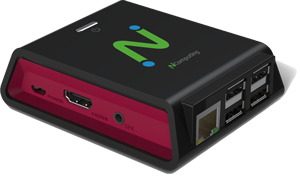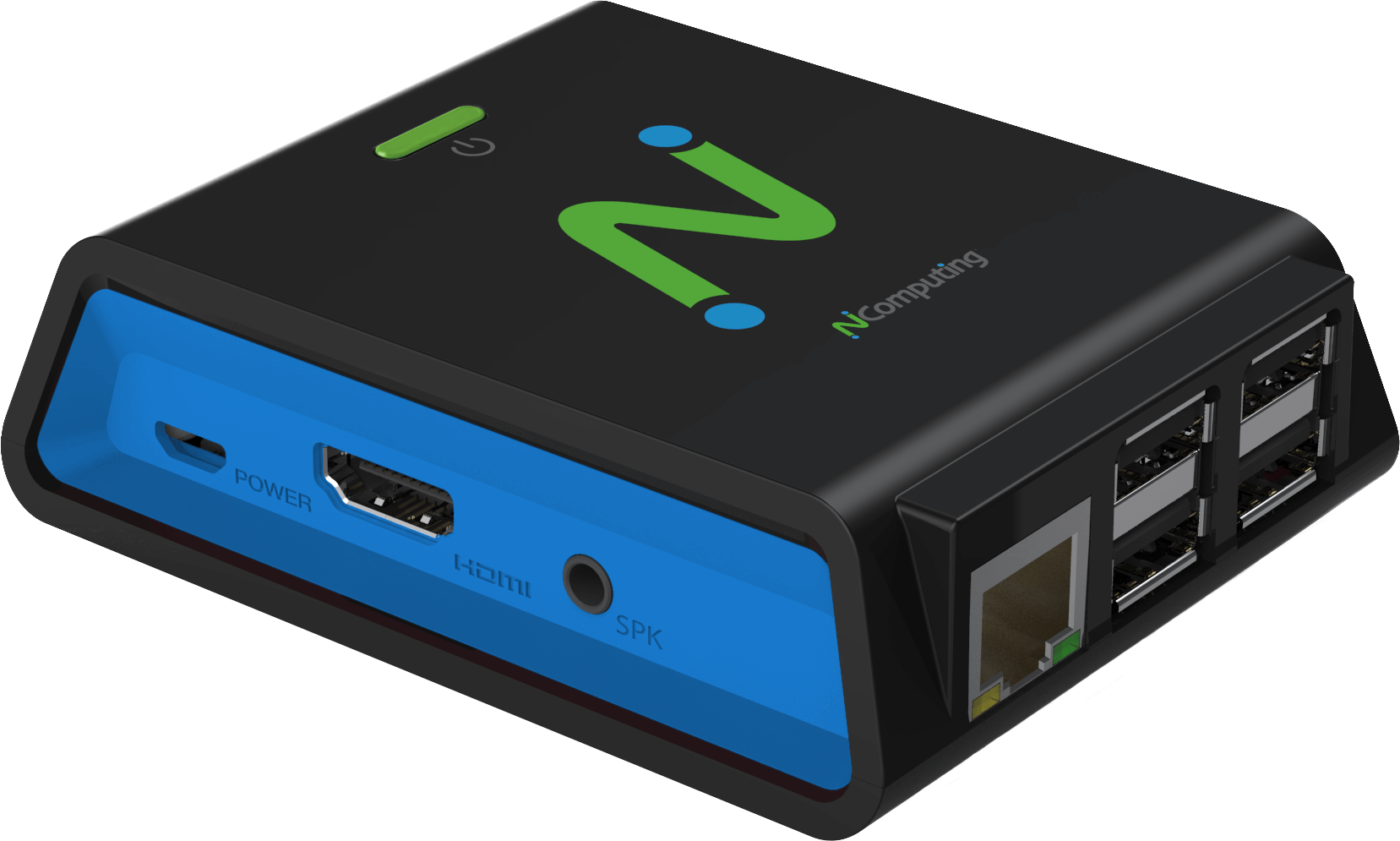Achieving a more sustainable refresh cycle for student workstations
Aging computers create drag in classrooms
Nelson County Schools was struggling with outdated computers across all of its campuses. Nearly 70 percent of the student workstations were more than five years old, creating an array of problems and adversely affecting user experience. In some cases it was taking five minutes or more just to login at the beginning of class, making it difficult for teachers to keep students focused.
To compound matters, the IT staff at Nelson County Schools had limited resources and was challenged to image the physical computers on a regular basis. The organization was stuck in a break/fix mode, only able to do the repairs necessary to keep things going. Nelson County Schools needed to refresh its student workstations district-wide or things would continue to worsen over time.
Nelson County Schools did not have the budget to do a traditional PC refresh of all its workstations. Consequently, the organization was caught in a cycle of buying 30-50 machines when it could, but that approach never allowed the district to catch up. To address the issue, Nelson County Schools looked at VDI solutions but ultimately concluded it did not have the staff or capacity in its server room to deploy that type of solution. The district ultimately decided to implement NComputing’s desktop virtualization solution.
NComputing offered Nelson County Schools the opportunity to make a meaningful change to its desktop computing environment and achieve a more sustainable refresh cycle for student workstations at a fraction of the price of purchasing new PCs. The solution would also ease ongoing management of the system in part by significantly reducing troubleshooting time for the district’s IT staff.
Nelson County Schools installed 26 vSpace servers and approximately 900 L300 virtual desktop client devices, accounting for approximately 99 percent of the student workstations across all campuses in computer labs and classrooms. The initial implementation was not only enough to replace nearly all student workstations within a one-year time frame, but also helped build a model that was sustainable from a cost and staffing perspective.

“Student workstation refresh looks a lot different for us now with NComputing,” said Jesse Morgan, director of technology for Nelson County Schools. “As user demands grow we can purchase additional servers to increase capacity at a specific school. We don’t need to buy 20-30 physical workstations as user needs change. The cost of the L300 solution versus the traditional PC replacements we were doing is approximately half per seat.”
Performance and management of the system has also been vastly improved. Startup and login times dropped from five minutes or more to a minute at most and troubleshooting and maintenance time required by the Nelson County Schools IT staff has been greatly reduced. Now, when a faculty member requests a program in a specific lab, the organization only needs to install it on one host versus 30 physical computers, and when there’s an issue with a server the L300’s connect to another host while the IT staff fixes the issue.
 “We don’t spend near as much time troubleshooting the L300’s as we did physical PC’s. Now we have 26 servers to manage patches and updates for versus the hundreds we had before,” said Morgan. “Now we can put our people on smarter issues. We have them working on smarter problems and smarter projects, looking at more of the big picture items instead of just trying to keep things running.”
“We don’t spend near as much time troubleshooting the L300’s as we did physical PC’s. Now we have 26 servers to manage patches and updates for versus the hundreds we had before,” said Morgan. “Now we can put our people on smarter issues. We have them working on smarter problems and smarter projects, looking at more of the big picture items instead of just trying to keep things running.”
Morgan also offers praise to NComputing as a business partner. He says the company is always open to feedback, and while the solution’s ease-of-use hasn’t required his team to require much product support, Nelson County Schools is very pleased with the responsiveness and assistance from the entire organization.



-menu.png)


